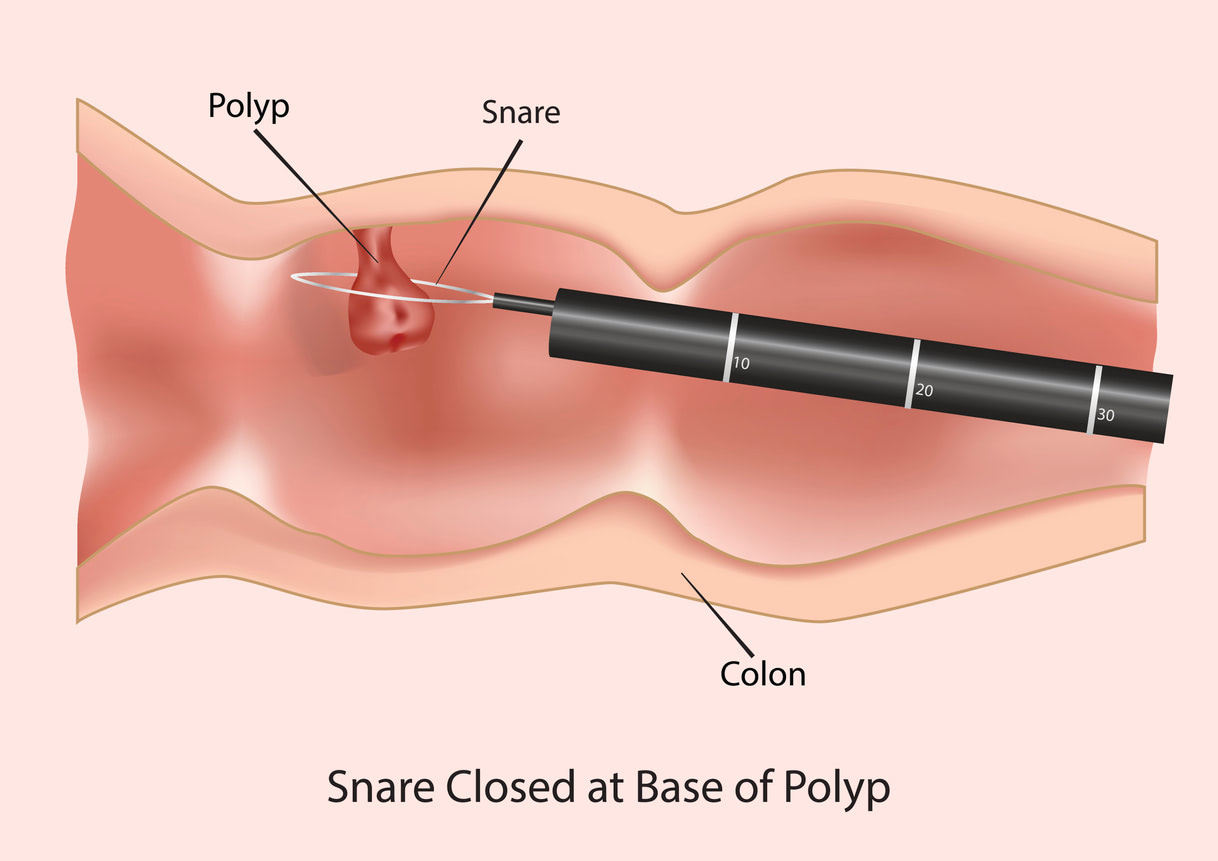
Colon cancer, also known as colorectal cancer or CRC, is the second most common type of cancer in America and can often be prevented. Colonoscopies are an excellent means of detecting colon cancers when they are still small before they have had time to spread. It’s essential to get your annual check-up, including a screening or other diagnostic test as recommended by your doctor.
What is Colon Cancer
Colorectal cancer is a type of cancer that begins in the colon, which is the large intestine. When caught early, colon cancer can be treated and often cured. CRC can often be prevented by getting regular check-ups, including screenings.
What is a Colonoscopy
A colonoscopy is an essential diagnostic test that can help detect colon cancer. A screening allows a doctor to view the entire length of the colon and rectum to look for polyps or cancer. The test is typically recommended for people over 50, but it may be recommended earlier if there is a family history of colorectal cancer.
Why are Colonoscopies Important
Colonoscopies are important because they can help detect CRC before it has a chance to spread. When caught early, colon cancer is often curable. A screening is also an excellent way to get an overall picture of the health of your colon and rectum. If any polyps are found, they can be removed during the colonoscopy.
The Colonoscopy Procedure
The colonoscopy procedure can vary depending on your doctor’s preference, but typically it will go something like this:
- You will be given a sedative to help you relax: You will be able to breathe independently, but you will likely be asked to avoid talking for the first few minutes after the procedure begins. You will also be asked to remain still so that the doctor can get a clear view of the colon.
- You will be asked to lie on your side on the exam table.
- The doctor will apply a lubricant to the anus.
- A small, flexible tube called a colonoscope will be inserted into the anus and slowly passed through the rectum and colon.
- The doctor will use the colonoscope to inspect the colon's lining for polyps or cancer.
- If any polyps are found, they can be removed during the procedure.
- You may feel some cramping or discomfort during the process.
After the Colonoscopy
After the screening, you will need someone to drive you home. You may feel a little lightheaded and out of it, but this will wear off in a few hours. You should avoid driving, operating heavy machinery, or drinking alcohol for the rest of the day.
You may have some mild cramping and discomfort for a few days after the colonoscopy. You can take over-the-counter pain medication if you need it.
You will be given a follow-up appointment to discuss the colonoscopy results.
If any polyps were found and removed during the procedure, you will need to have another colonoscopy in a few years to make sure that the polyps were not cancerous.
The Importance of Getting a Colonoscopy
Getting a colonoscopy is important because it can help detect colon cancer before it has a chance to spread. When caught early, colon cancer is often curable. A colonoscopy is also an excellent way to get an overall picture of the health of your colon and rectum. If any polyps are found, they can be removed during the colonoscopy.
If you are over the age of 50, it is recommended that you get a colonoscopy every year. Talk to your doctor about whether a colonoscopy is right for you.
